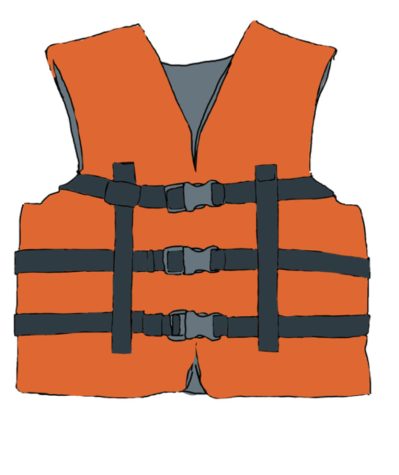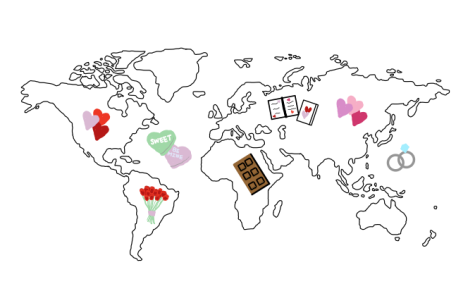Terrorist attacks create safety hysteria
The Paris attacks on Nov. 13 shocked the world because of its spontaneity and unpredictable motives. With over 130 victims in total, the terrorist attack was one of the deadliest in France’s history since World War II. The Islamic State claimed responsibility of the attacks, and the French government took the incident as an act of war by the group. In response to the threat at hand, France issued a state of emergency and temporarily closed its borders. The attacks not only impacted the national security of France but it also altered the world’s awareness of their safety.
The reduction in aviation traffic following the attacks is evidence to this notion, especially in Parisian airports. Authorities have strengthened security and border checks, which deterred many tourists from visiting France because of safety concerns.
According to ForwardKeys, a travel information firm, flight bookings to Paris fell by 27 percent over the past week after the tragedy. Similar to the public reaction after the Sept. 11 attacks, demands for air travel suffered a significant drop.
Alerted by the circumstances of the terrorist attacks, the U.S. government issued a worldwide travel alert on Nov. 24 to all U.S. citizens travelling across the globe. This act was seen as a rare occasion, as the officials were only accustomed to identifying specific countries that were noteworthy for travel safety. In the official announcements, the U.S. government encouraged its citizens to avoid crowded tourist areas and be cautious throughout their vacation.
For some, the Paris occurrence became a psychological attack on the public. Just recently on Nov. 17 a domestic flight from Baltimore to Chicago was delayed because of reports of suspicion from of a passenger about suspicious behavior from a Middle Eastern man aboard the aircraft. Flight 969, owned by Spirit Airlines, was forced to abort its regular flight schedule and called the authorities to confirm the passenger’s fears.
After several hours of delay, authorities concluded that no evidence suggested that the Middle Eastern man was a part of any plot of potential threat, and the flight resumed its regular schedule. The atmosphere after the terrorist attacks haunts not only France, but also people around the world, knowing that that threat is everywhere. Hysteria fuels organizations, such as the European Union (EU), to minimize public fear.
In light of the ongoing Syrian refugee crisis, the terrorist act prompted European officials to re-evaluate their stance on its policies regarding refugees. Not necessarily a complete opposition to accepting immigrants to countries in Europe, but leaders from France, Poland and the Czech Republic demanded changes that included decreasing refugee quotas and tightening border controls.
Germany, however, since the beginning of the refugee crisis, remained with its stance despite the terrorist attack. They believed that bringing scrutiny to refugees was not the solution to the incident, as they were trying to evade terrorists in the first place. To take a step further, German chancellor Angela Merkel proposed a new EU-Turkey refugee relocation system that would allow more refugees to come into Europe to strengthen their stance on the crisis.
As an overall humanity solidarity act towards the terrorist bombings, famous buildings throughout the world, including London’s Tower Bridge and Shanghai’s Oriental Tower, were lit in the French national colors. There is no certainty of when terrorism will cease existing in the modern world, but the Paris attacks were a wake-up call for the world to remain ever aware of its presence.
Your donation will support the student journalists of Saint Viator High School. Your contribution will allow us to purchase equipment and cover our annual website hosting costs.







